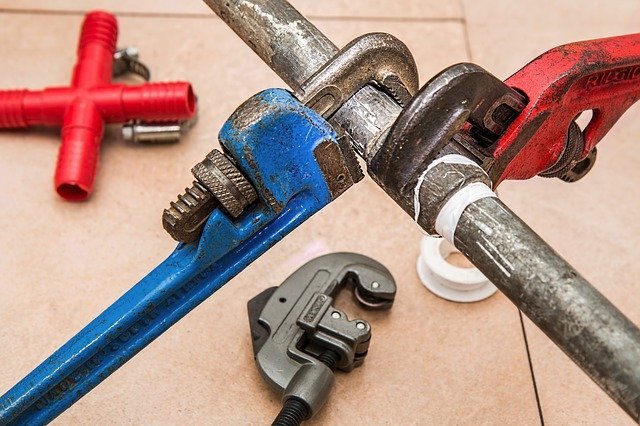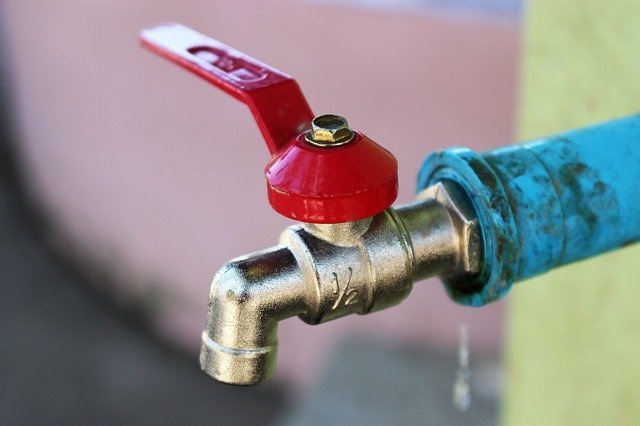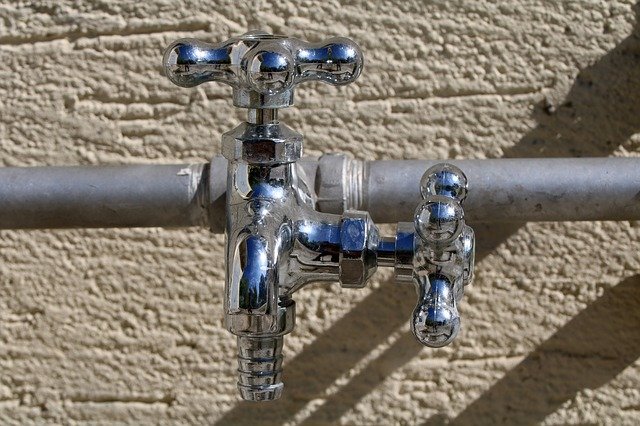Septic systems, it is something that few people want to think about, let alone understand. If you are not on the city or another municipal sewer, not knowing the basics about how your septic system works can lead to problems. Knowing the basics will help you troubleshoot and understand issues that may come up.
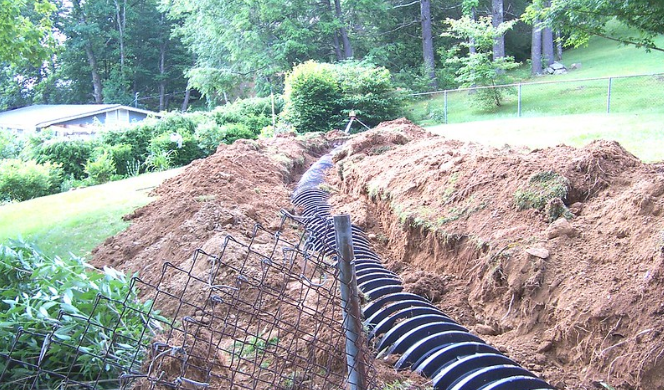
Septic systems carry wastewater away from the home or building. All of the internal drain lines combine into the main drain that empties into a special holding tank, called a septic tank. This tank allows wastewater to settle. Solid waste sinks to the bottom and foam and light papers rise to the top. This leaves a middle liquid layer. This takes up the bulk of the space in the tank. Septic tanks have outlets that run into a drainage field. This drain field consists of several semi-permeable pipes that allow wastewater to seep into the ground in the drain field. Liquid waster runs into the drain field once it reaches a certain level. In most septic systems this is done through gravity, since all lines are installed with a slight decline, away from the house and septic tank.
Taking care of your septic system is very important. There are chemicals and treatments that are used to help break down waste. This allows more efficient dispersal of wastewater and can help extend the lifespan of pipes, tanks, and drain fields. Inevitably, the septic system will need to be emptied. This may be simply because the tank is full, or for more serious repairs. Visual inspections of the tank may require that it is drained. If a septic system is not draining properly, Plumbers recommend having the septic tank drained will restore proper functionality.
When drain field systems need to be replaced or installed, it is important to have someone come to check the soil in the drain field or the proposed drain field. Different soil types are more or less permeable than others. Professional plumbers run soil tests, called a percolation test, which checks how the water moves through the soil. Some soils do not allow water to move through it readily and drain fields cannot be made. Local government agencies may have records of soil types, but it is still recommended that you have your soil tested. Sometimes the county or city records may be incorrect; having the soil tested can save you the hassle of having an above ground septic tank installed.
Septic systems do take more care than sewer systems this is why you may need to enlist the help of a qualified plumber. Unlike sewer systems, septic systems are wholly the responsibility of the home-owner. Having a professional plumbing service inspect and work on your septic system increases the life span and functionality of the system. If work does need to be done, these same professionals are best suited and licensed to take care of your septic plumbing needs.

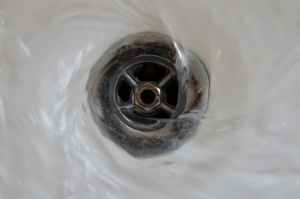 When people think of plumbers, they often think of water lines and clogged drains. The truth is, professional plumbers have many skills that go well beyond water supplies. P
When people think of plumbers, they often think of water lines and clogged drains. The truth is, professional plumbers have many skills that go well beyond water supplies. P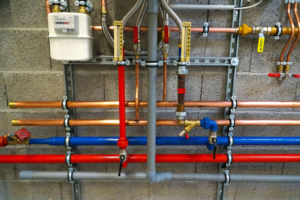 Gas pipes are also commonly worked on by qualified plumbers. It is especially important to make sure that the person working on gas lines is qualified to do so. Small leaks can quickly fill a room with gas creating a health and fire danger. Special tools are required to make sure that connections are made correctly and that there are no gas leaks. Make sure that the plumbing professionals that you hire are properly trained and certified for gas work. Mistakes made with gas lines can do more than cause damage they can cost you your life.
Gas pipes are also commonly worked on by qualified plumbers. It is especially important to make sure that the person working on gas lines is qualified to do so. Small leaks can quickly fill a room with gas creating a health and fire danger. Special tools are required to make sure that connections are made correctly and that there are no gas leaks. Make sure that the plumbing professionals that you hire are properly trained and certified for gas work. Mistakes made with gas lines can do more than cause damage they can cost you your life. 